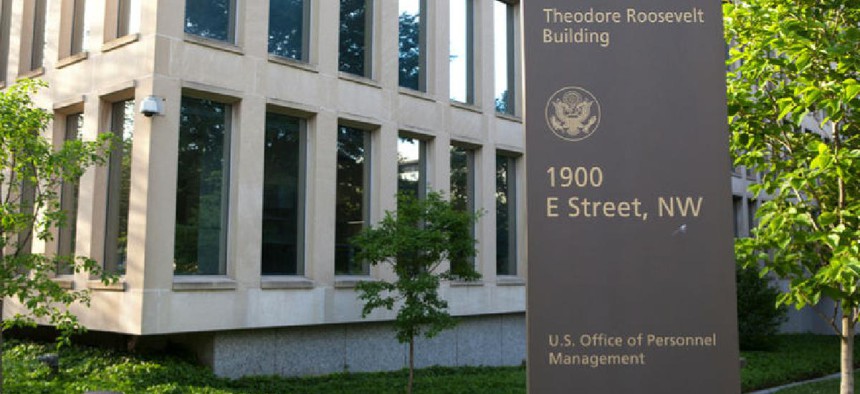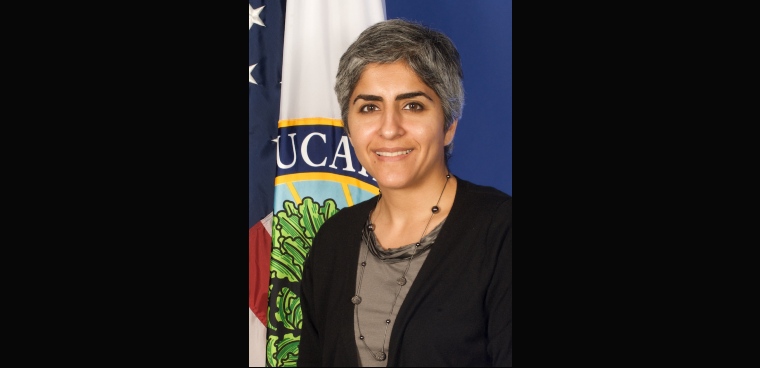OPM nominee plans focus on telework, IT, retirement

Kiran Ahuja, a veteran of the Office of Personnel Management, told lawmakers that she thinks that the lack of consistent leadership in the top position at OPM has taken a toll on the ability of the agency to complete longer term IT modernization projects.

Kiran Ahuja from her days as Executive Director of the White House Initiative on Asian Americans and Pacific Islanders
Kiran Ahuja, President Joe Biden's nominee to lead the Office of Personnel Management, talked IT modernization and retirement processing backlogs during her nomination hearing April 22 before the Senate Homeland Security and Government Affairs Committee.
Ahuja is familiar with the challenges facing OPM. She was the agency's chief of staff during the fallout from the devastating 2015 hack of personnel records. She told lawmakers that IT modernization would be a priority.
She also spoke to OPM's role in the effort to improve the morale of the federal workforce and to take the lead on governmentwide human capital management and addressing critical skills gaps.
"OPM will need to innovate to meet the modern needs of agencies with respect to recruitment, hiring, retention, engagement and performance management," Ahuja said. "It would be my mission to serve and support federal employees and to restore, rebuild and retool the federal workforce."
If confirmed, she'll enter an agency that's seen a slew of temporary leaders during the last administration and survived plans to for it to be merged into the General Services Administration. OPM has also been subject to recent recommendations from the National Academy of Public Administration that it should not only remain independent, but also be more forward-looking and strategic in planning.
Ahuja told lawmakers that she thinks that the lack of consistent leadership in the top position at OPM has taken a toll on the ability of the agency to complete longer term IT modernization projects.
The nominee also addressed lawmaker concerns about the federal retirement processing system.
"As long as it's paper-based I think we're going to have these challenges of length of time," Ahuja said. "This is not just for retirement services. The way to improve these times is ultimately through the IT modernization process that's going to be required."
Ahuja said that telework and remote work would be priorities as well.
As the nation and the federal government look to the possibility of coming off pandemic footing, OPM is working on providing guidance for teleworking and remote work that maintains some of the current flexibilities. Moving past historic hesitancy in government for widespread teleworking will also require the personnel office to address questions that have cropped up as a result. Ahuja pointed to locality pay, something that current OPM officials have also said will require retooling.
"I'm very much in support in the opportunities that telework and remote work would provide and, if confirmed as OPM director, that would be something I would definitely be leaning into, Ahuja said. "I think we are completely rethinking work at this moment, not just the federal government, but for all across the country."



